24+ Years Experience
Specialist Epoxy Resin Flooring

Enquire Today For A Free No Obligation Quote
Low-VOC products for epoxy resin flooring are gaining popularity as sustainable choices for environmentally conscious individuals and businesses. Understanding epoxy resin flooring and the importance of choosing sustainable options is crucial in making informed decisions.
Epoxy resin is a durable and versatile material used for flooring systems. It consists of a two-part mixture that, when combined, undergoes a chemical reaction resulting in a strong, adhesive, and resistant surface. Epoxy resin flooring offers numerous benefits, including durability, chemical resistance, easy maintenance, and decorative options.
Choosing sustainable options is essential to minimize the negative impact on the environment and human health. Volatile Organic Compounds (VOCs) are chemicals commonly found in traditional epoxy resin flooring products. These compounds can have adverse environmental effects, contribute to air pollution, and lead to health issues when exposed to high levels.
Low-VOC products for epoxy resin flooring are specifically formulated to minimize VOC emissions, making them a sustainable choice. These products meet certain criteria and are certified as low-VOC through independent testing and verification. By opting for low-VOC products, you can reduce the environmental impact and promote indoor air quality.
Using low-VOC products for epoxy resin flooring comes with several benefits. Firstly, it ensures better indoor air quality by reducing the release of harmful chemicals. Secondly, it contributes to a healthier and safer environment for inhabitants and workers. Lastly, low-VOC products provide long-term durability and performance without compromising on the aesthetics and functionality of the flooring.
When selecting low-VOC products for epoxy resin flooring, it is essential to consider factors such as performance and durability, cost considerations, compatibility with epoxy resin, and the availability of supplier options. Researching and choosing the right products that align with your sustainability goals is key.
In this guide, we will explore some top sustainable choices for low-VOC products, including descriptions and features. We will provide installation and maintenance tips to ensure optimal results for your low-VOC epoxy resin flooring.
By making informed choices and opting for low-VOC products, you can enjoy the benefits of epoxy resin flooring while minimizing the impact on the environment and promoting a healthier living or working space.
Epoxy resin flooring is a popular choice for industrial and commercial spaces due to its durability and versatility. This type of flooring involves considering its composition, installation process, and maintenance requirements.
| Composition: | Epoxy resin flooring is made from a combination of epoxy resin, hardeners, and fillers. |
| Installation: | The installation process involves preparing the substrate, applying the epoxy resin mixture, and allowing it to cure. |
| Maintenance: | Regular cleaning and periodic resealing are necessary to maintain the appearance and performance of epoxy resin flooring. |
Interesting Fact: Epoxy resin flooring has high chemical resistance, making it suitable for areas where spills and chemical exposure are common.
Epoxy resin is a type of synthetic material made from a combination of epoxide resin and a curing agent. It is often used as a coating or adhesive due to its strong and durable properties. Epoxy resin has a wide range of applications, such as in flooring, electronics, and construction. It is known for its excellent resistance to chemicals and UV rays. When used in flooring, epoxy resin provides a seamless and smooth surface that is easy to clean and maintain. It is also highly customizable, allowing for different colours and finishes. Epoxy resin is a versatile and reliable material used in various industries.
For suggestions, readers can explore different uses of epoxy resin beyond flooring, such as in creating epoxy art or DIY projects. They can also consider consulting professionals or experts for specific applications and tips on working with epoxy resin.
Epoxy resin flooring provides several benefits, making it a popular choice for various applications. These benefits include:
The Importance of Choosing Sustainable Options
When it comes to epoxy resin flooring, it is crucial to make sustainable choices. In this section, we will explore the environmental impact of volatile organic compounds (VOCs) and the potential health effects associated with VOC exposure. We will uncover the facts and figures behind these issues and explain why opting for low-VOC products is a vital step towards a greener and healthier future.
The environmental impact of VOCs (volatile organic compounds) from epoxy resin flooring is significant. VOCs are released from products like paints, adhesives, and flooring materials, contributing to air pollution and indoor air quality issues. These harmful emissions can lead to respiratory problems and other health effects. Choosing low-VOC products for epoxy resin flooring is crucial in minimizing the environmental impact. These products have lower VOC levels and are certified as environmentally friendly. By selecting low-VOC options, we can reduce our carbon footprint and create healthier indoor environments. When considering epoxy resin flooring, it is important to prioritize sustainable choices that minimize the environmental impact of VOCs.
Exposure to volatile organic compounds (VOCs) can have detrimental effects on health. VOCs are emitted as gases from various products, including paints, cleaning supplies, and flooring materials like epoxy resin. These compounds can cause respiratory problems, eye irritation, headaches, and even contribute to long-term health issues. When selecting low-VOC products for epoxy resin flooring, it is crucial to consider the potential health effects. By opting for low-VOC options, you can minimize exposure to harmful compounds and create a safer environment for occupants. Prioritising health is essential when making sustainable choices for epoxy resin flooring.
Discover the world of low-VOC products for epoxy resin flooring and take a step towards sustainable choices. This section explores what low-VOC products are and why they are growing in popularity. Learn about the criteria for determining a product as low-VOC and the certification process that ensures their quality. Join us on this eco-friendly journey and pave the way for a greener future with epoxy resin flooring.
EnglishUK
Discover the world of low-VOC products for epoxy resin flooring and take a step towards sustainable choices. This section explores what low-VOC products are and why they are growing in popularity. Learn about the criteria for determining a product as low-VOC and the certification process that ensures their quality. Join us on this eco-friendly journey and pave the way for a greener future with epoxy resin flooring.
When it comes to low-VOC products for epoxy resin flooring, it is important to understand the definition and criteria for identifying them:
Using low-VOC products for epoxy resin flooring offers several benefits, including:
Fact: Low-VOC products help create a safe and sustainable environment by reducing harmful emissions and promoting better indoor air quality.
Low-VOC products for epoxy resin flooring can undergo a rigorous certification process to ensure their environmental friendliness. The following steps outline how low-VOC products are certified:
By selecting certified low-VOC products for epoxy resin flooring, you can ensure a healthier indoor environment and contribute to sustainability efforts. Consider using products from reputable brands like X and Y, which have obtained certification for their low-VOC content.
Using low-VOC products for epoxy resin flooring has numerous benefits for both the environment and human health.
John, a homeowner, installed low-VOC epoxy resin flooring in his son’s playroom. This not only created a safe and healthy space for his child, but also gave him the satisfaction of making an environmentally responsible choice.
When selecting low-VOC products for epoxy resin flooring, it is important to consider various factors. These include performance, durability, cost, compatibility with epoxy resin, and the availability of supplier options. This guide will provide insights and tips to help you make sustainable choices. Let’s explore each of these factors in more detail.
When considering low-VOC products for epoxy resin flooring, it is crucial to take into account their performance and durability. Below are some key factors to consider:
Pro-tip: Following proper surface preparation and application techniques can significantly enhance the performance and durability of low-VOC epoxy resin flooring. Always adhere to the manufacturer’s instructions and seek professional assistance if necessary.
Selecting low-VOC products for epoxy resin flooring requires careful consideration of cost. Here are some factors to keep in mind when evaluating the cost of these products:
Initial Cost: Compare the prices of different low-VOC products to find one that fits within your budget.
Long-Term Cost: Take into account the durability and lifespan of the product. Investing in a higher-quality option may be more cost-effective in the long run.
Installation Cost: Determine if any special equipment or professional installation is necessary, as this can impact the overall cost.
Maintenance Cost: Evaluate the maintenance requirements of the product and any associated costs over time.
By considering these cost factors, you can make an informed decision about which low-VOC product is the best choice for your epoxy resin flooring project. Remember to prioritize both sustainability and affordability to achieve a balance that meets your needs.
Choosing low-VOC products for epoxy resin flooring requires considering their compatibility with epoxy resin. The following table highlights the compatibility of different products:
| Product | Epoxy Resin Compatibility |
|---|---|
| Product A | Yes |
| Product B | No |
| Product C | Partially |
It is important to choose products that are specifically designed to be compatible with epoxy resin to ensure a successful and long-lasting flooring installation. Using incompatible products can lead to adhesion issues, discoloration, or even failure of the epoxy resin flooring system.
In a real-life scenario, a contractor once used an incompatible primer with epoxy resin for a commercial project. As a result, the epoxy coating started peeling off within a few weeks. This caused delays and additional costs to fix the issue. Therefore, always double-check the compatibility of products before using them in epoxy resin flooring projects to avoid such complications.
Availability and supplier options are important factors to consider when choosing low-VOC products for epoxy resin flooring. In order to make an informed decision, it is essential to have access to the right products. Below is a table that highlights some sustainable choices:
When considering availability, it is crucial to determine if these products are easily accessible in your area or through online suppliers. It is recommended to conduct thorough research and compare prices from different suppliers in order to find the best options that align with your sustainability goals.
Get ready to explore the top sustainable choices for low-VOC products in epoxy resin flooring! We will uncover the unique descriptions and features of each choice, from Product A to Product C, giving you the essential information you need to make an informed decision. Let’s dive in and discover the best sustainable options available for your epoxy resin flooring needs.
Product B: Description and Features
Pro-tip: Before applying XYZ Epoxy Resin Coating, ensure proper surface preparation by cleaning and repairing any damage to achieve the best results.
Product C is a sustainable option for low-VOC epoxy resin flooring with unique features and advantages.
By choosing Product C for epoxy resin flooring, you can ensure both sustainability and high-performance results.
Installation and Maintenance Tips for Low-VOC Epoxy Resin Flooring
VOC stands for Volatile Organic Compound and refers to chemicals that can be released from various industrially made products, including epoxy resin flooring. These compounds can cause health issues such as eye, nose, and throat irritation, headaches, nausea, and damage to the liver, kidneys, and central nervous system. It is important to choose low-VOC products for epoxy resin flooring to minimize exposure to these harmful chemicals.
Low-VOC epoxy resin flooring offers several advantages. Firstly, it is a healthier option, reducing the risk of respiratory problems and other health issues associated with VOC exposure. Secondly, low-VOC flooring can be aesthetically pleasing, providing a contemporary finish for both commercial and residential spaces. Lastly, opting for low-VOC flooring aligns with eco-friendly practices, making it a sustainable choice.
When looking for low-VOC epoxy resin flooring, it is important to check the product specifications and certifications. Look for flooring options that are labeled as low-VOC or have passed certifications for low chemical emissions. Additionally, consider choosing natural surfaces or products with eco-friendly certifications for a greener and healthier flooring solution.
As one of the UK’s leading manufacturers of epoxy resin flooring coatings, Sika offers a range of sustainable flooring solutions, including low-VOC options. Their MultiDur product family consists of epoxy flooring systems designed for industrial applications, offering excellent mechanical strength, wear resistance, and chemical resistance while maintaining low VOC levels. Sika’s commitment to high-performance technology and sustainability ensures that their epoxy resin flooring coatings are both durable and environmentally friendly.
Absolutely! Low-VOC epoxy resin flooring, such as Sika’s MultiDur product family, is specifically designed for heavy-duty performance. It excels in arduous environments, providing superior mechanical and chemical resistance. Whether it’s storage and logistics areas, production facilities, cleanrooms, or commercial spaces, low-VOC epoxy resin flooring offers a reliable and durable solution for demanding settings.
Yes, low-VOC epoxy resin flooring coatings are a suitable choice for chemically sensitive individuals. These coatings are specifically formulated to minimize the release of harmful volatile compounds, reducing the risk of respiratory irritation and other health issues. By opting for low-VOC products, individuals with chemical sensitivities can enjoy the benefits of epoxy resin flooring without compromising their well-being.
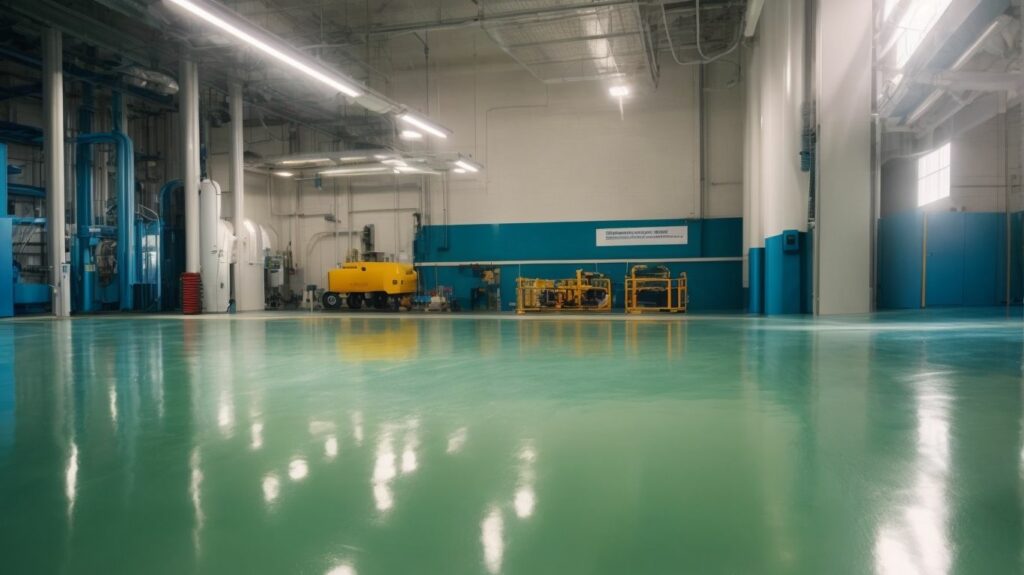

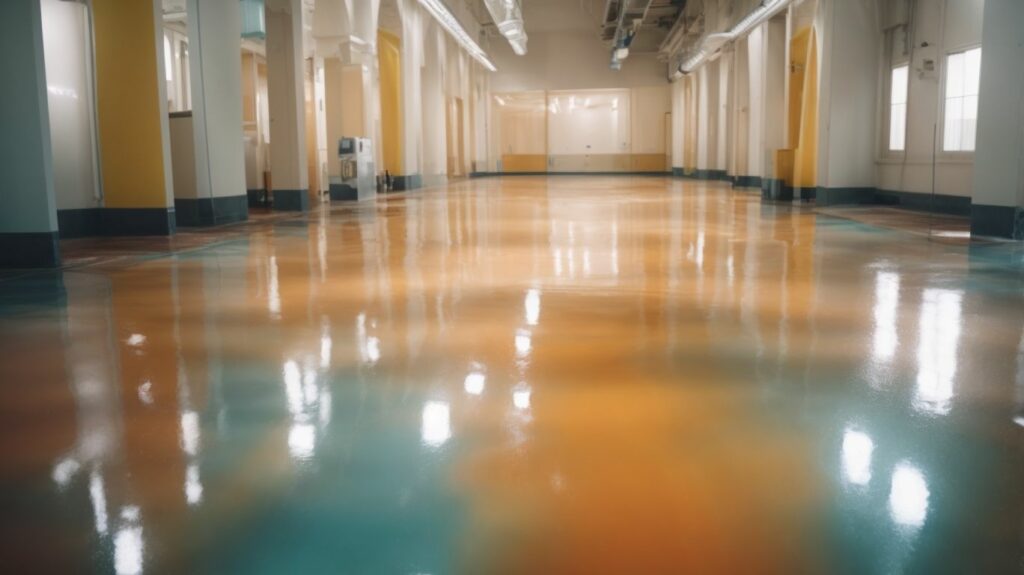




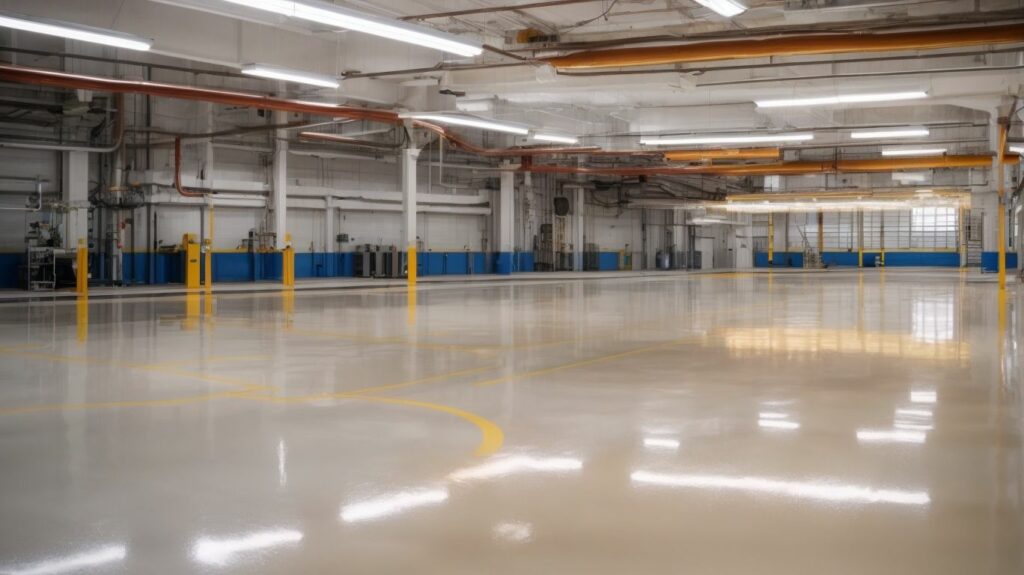
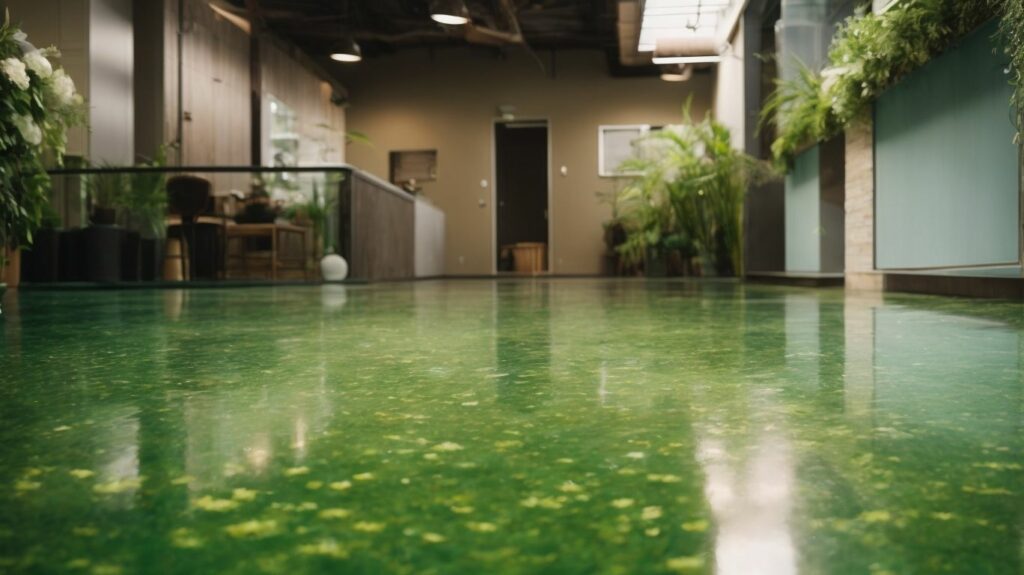

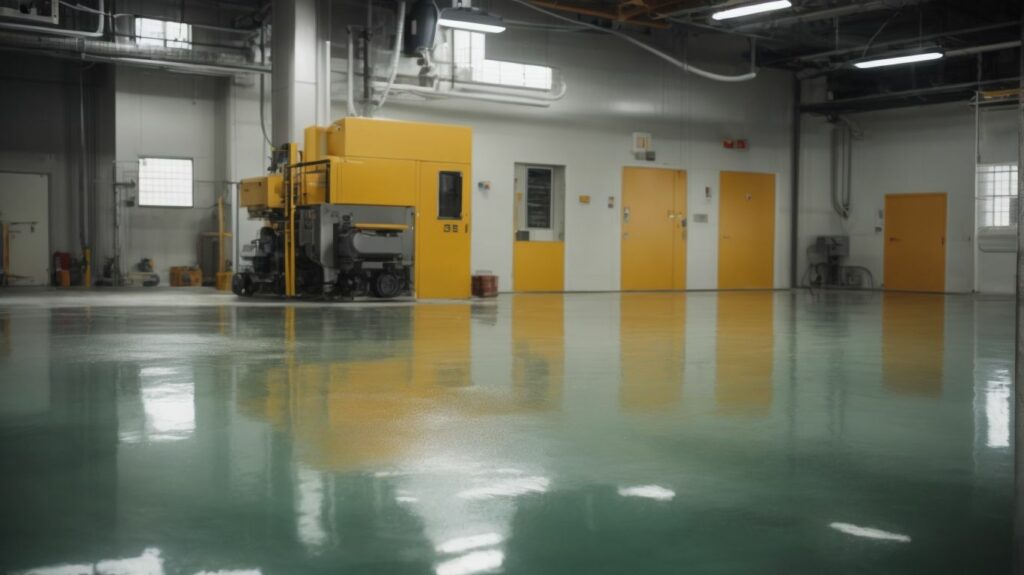






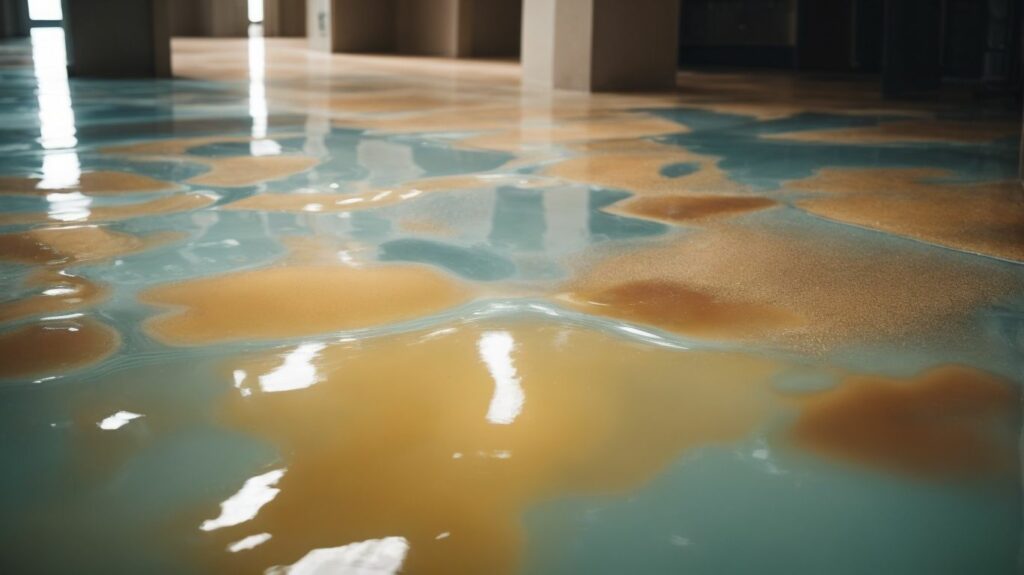
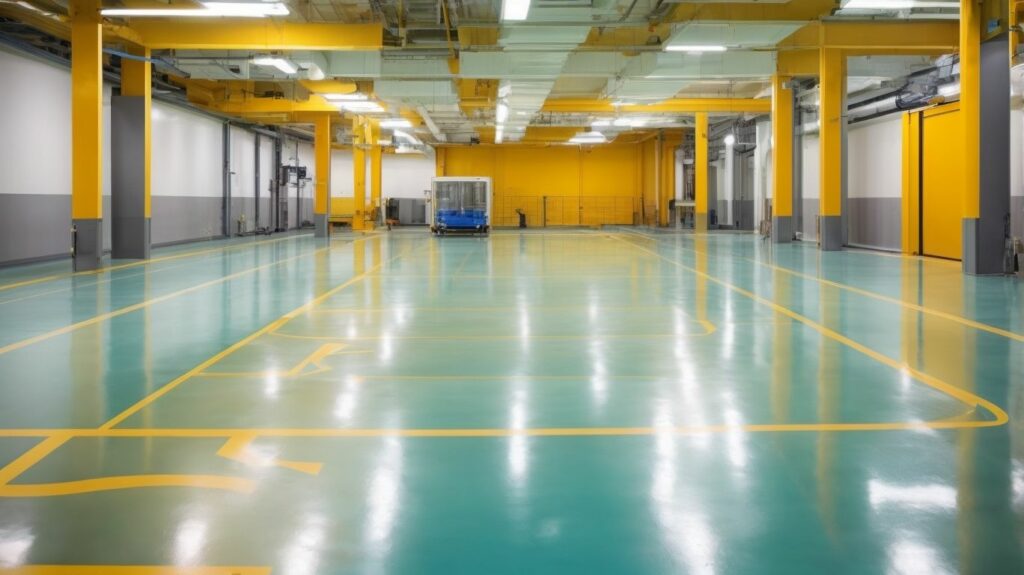


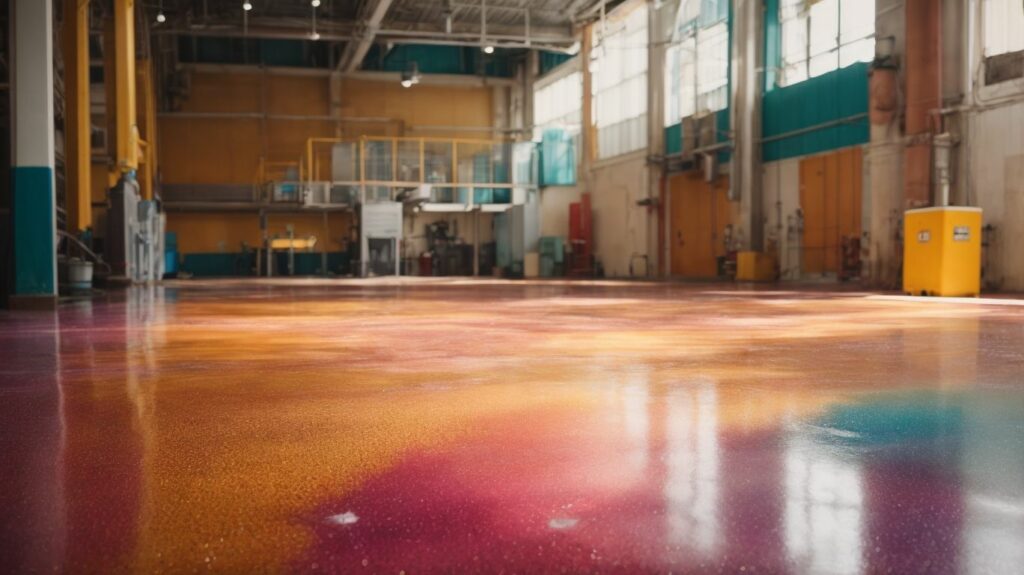
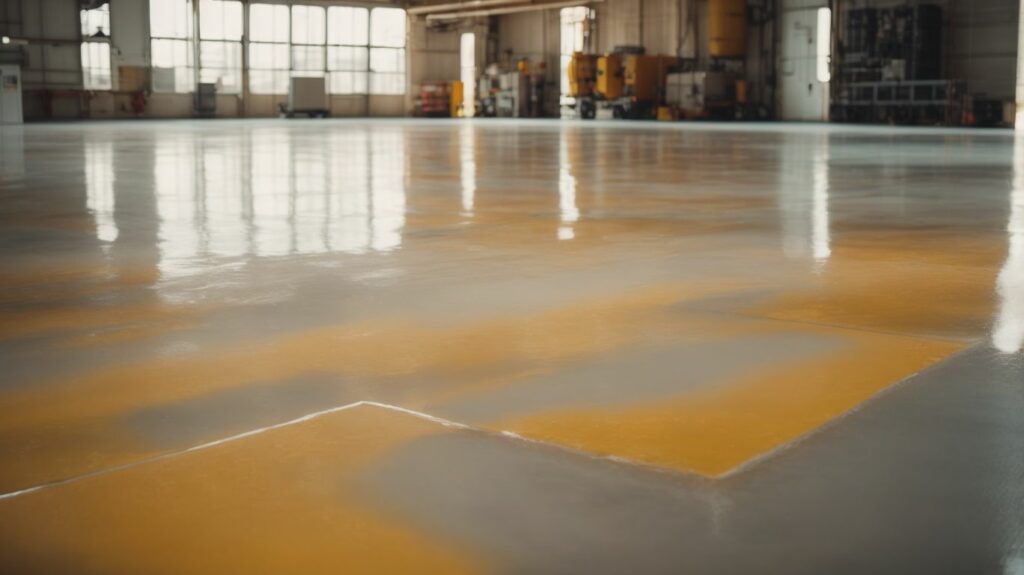
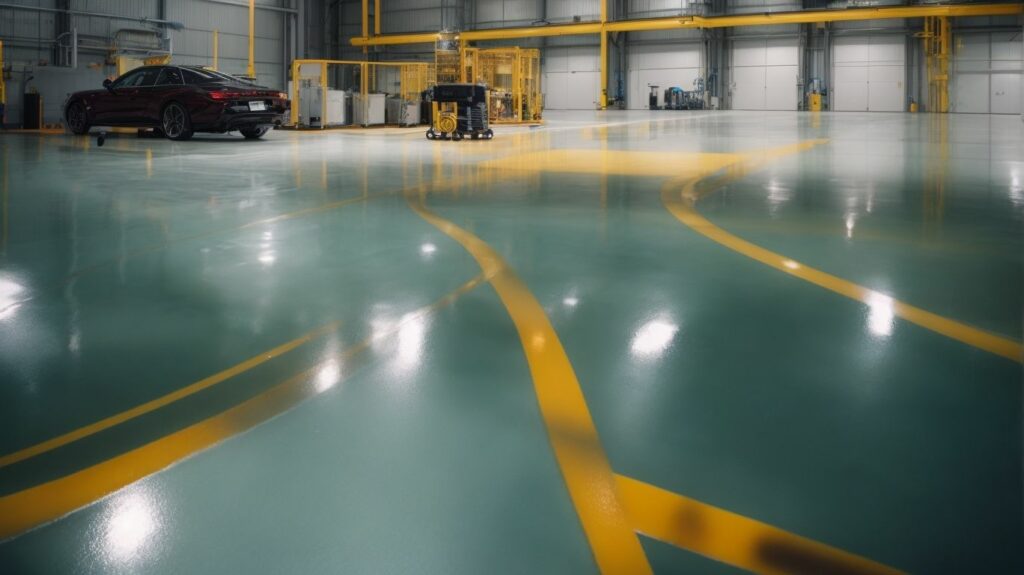

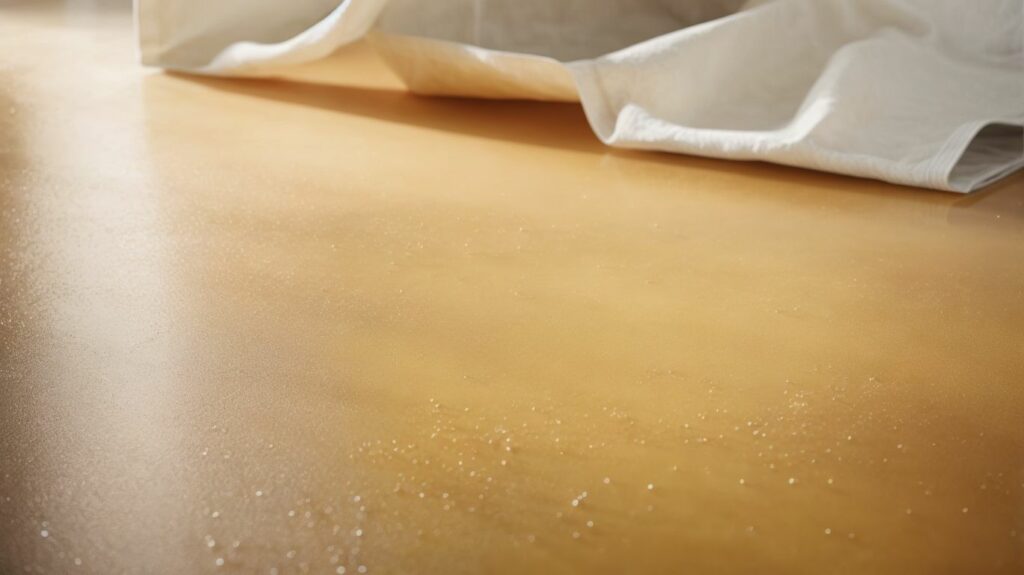



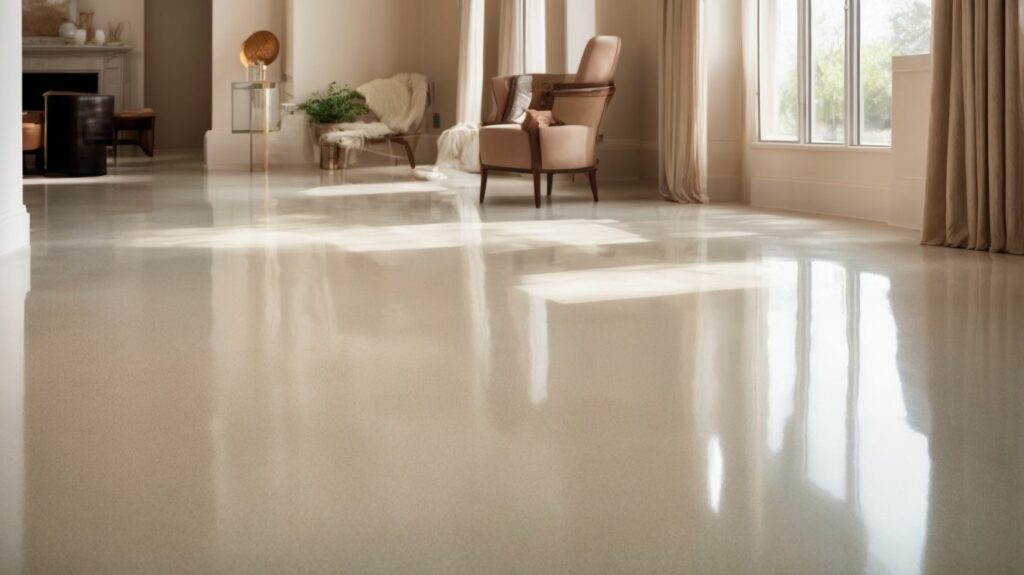
We Aim To Reply To All Enquiries With-in 24-Hours